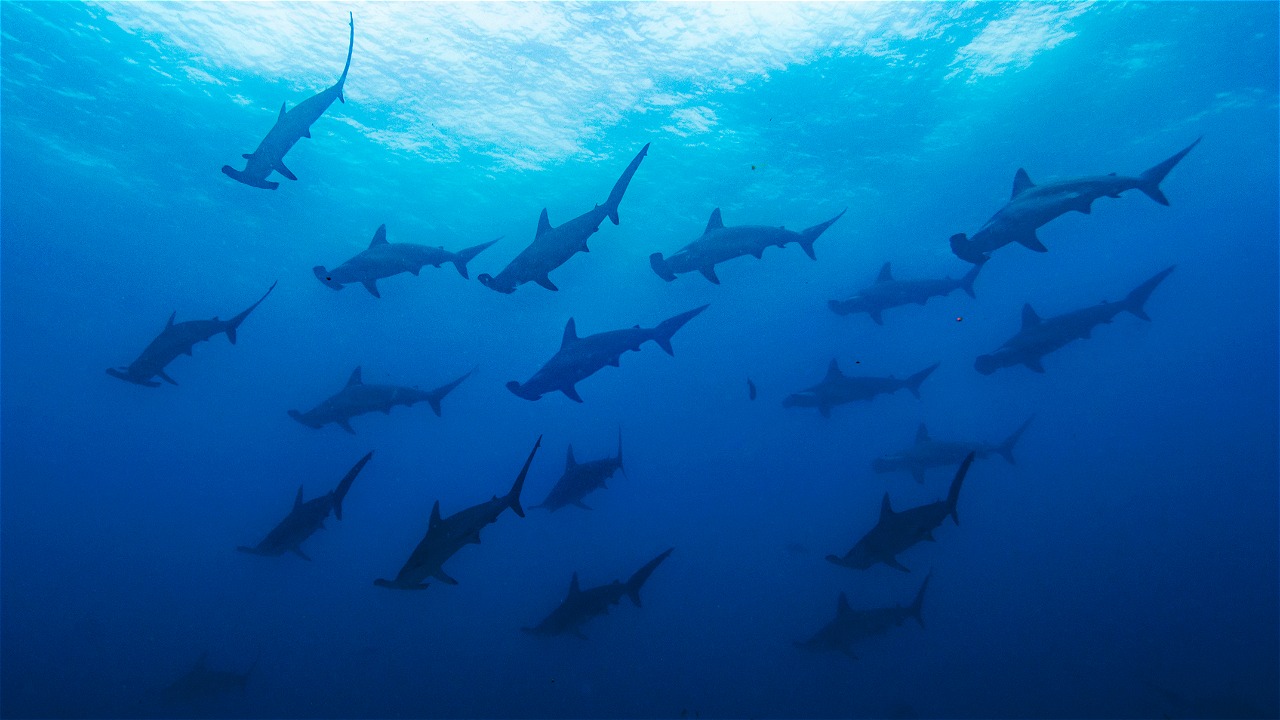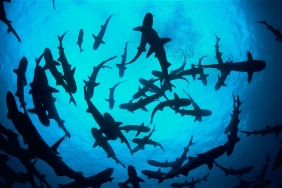THE "NO SHARK FIN" POLICY OF SHANGRI LA HOTEL NEEDS TO BE MODELED BY OTHER HOTELS
Author Desmarita Murni
Jakarta - The business sector has a very significant contribution in encouraging environmentally friendly policies. For example a policy that has been adopted by Shangri La Hotel to stop serving shark fins and cross out shark products from the menu list at 81 hotels and restaurants of its global network.
""Imagine if one hotel consumes 1 ton to 1.5 ton of shark fins per year, how many sharks should be caught and become an victim of such an environmentally unfriendly practice? The policy to stop serving shark fins and serving only eco-friendly seafood has been initiated by Shangri La globally since 4 years ago, ""said Jurgen Dorr, General Manager of Shangri La Hotel Jakarta, in a press conference"" A Tribute to the Sea "" end of last year (29/11) in Jakarta. The policy was officially announced by Shangri La on its official website since 2012.
According to Jurgen, Shangri La Jakarta has also removed blue fin tuna (bluefin tuna) from the menu list. Gradually, the hotel is continuously working to increase its commitment to long-term sustainability principles, including in terms of waste and waste management.
With the number of banquet and restaurant attendees reaching at least 1 million people per year, the environmentally friendly seafood consumption policy adopted by Shangri La hotels is very significant in the effort to protect marine resources.
""WWF appreciates the Shangri La hotel policy. This policy is exemplary for other hotels and restaurants, ""said Dr. Efransjah, CEO of WWF Indonesia.
When asked by reporters whether there are economic impacts or losses arising from the removal of shark fins from his menu, Jurgen said there was no negative impact on his business. ""There are some potential customers who will hold a wedding reception complaint because there is no menu of shark fin in the menu, but the amount is very little, and usually they are urged by the tradition of the old generation. In general, the response we received was very positive, ""said Jurgen.
At least 1.1 million tons of shark products are traded globally each year. Though sharks are a species whose populations are threatened with extinction and fairly slow in breeding. The skyrocketing demand for fin and other shark products led to a massive hunts of these animals. FAO data (2010) shows that Indonesia is at the top of the world's 20 largest shark catching countries.
WWF-Indonesia through the Save Our Sharks campaign (#SOSharks) invites the public to stop the consumption and sale of shark products in restaurants, hotels, supermarkets and online stores, and stop the promotion of shark culinary in the mass media. More info on this campaign can be found at www.wwf.or.id/sosharks





